Life After Open Heart Surgery: Tips for a Smooth Recovery
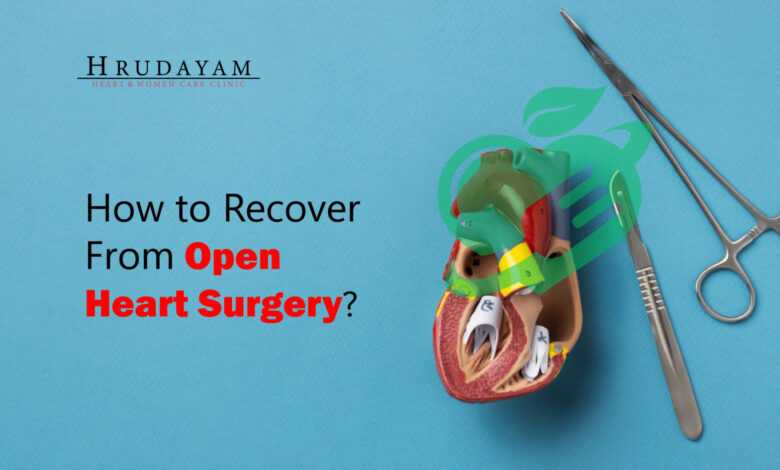
Overview of Open Heart Surgery
Open heart surgery is a critical procedure performed to address a variety of heart-related issues, including valve repair, coronary artery bypass, and heart transplantation. This surgical intervention involves accessing the heart through a large incision in the chest, which allows surgeons to repair or replace damaged parts. Imagine someone experiencing severe chest pain and ultimately learning that an artery has been blocked. Open heart surgery can be both a daunting and life-saving solution, providing the ability to enhance the quality of life significantly. It’s not a decision taken lightly; in fact, many people face numerous tests and discussions before concluding that surgery is necessary.
Importance of Recovery Period
The recovery period post-surgery is just as critical as the surgery itself. A successful operation lays the groundwork, but how patients handle recovery can make or break long-term outcomes. Here’s why this phase deserves close attention:
- Healing the Heart: The body needs time to heal, especially the heart, which has been through a significant trauma.
- Restoring Strength: Patients often experience fatigue, making gradual reintroduction to daily activities essential.
- Monitoring Progress: A dedicated recovery allows for close monitoring of any complications or changes in health.
Ultimately, the recovery period is an opportunity for patients to focus on their health, make necessary lifestyle adjustments, and rebuilding their lives post-surgery.
Read also: Neurological Health and Well-being: Enhancing Your Dog’s Quality of Life.

Consulting with the Healthcare Team
Preparation for open heart surgery begins long before the actual date. One of the most important steps is consulting with the healthcare team. This team typically includes a surgeon, cardiologist, anesthesiologist, and possibly a nutritionist. Each member brings their expertise to ensure a well-rounded approach to care. During these consultations, patients must ask questions, voice concerns, and discuss any pre-existing conditions. For instance, someone might feel anxious about anesthesia; addressing such fears with an anesthesiologist can alleviate concerns. Some common topics discussed might include:
- Understanding the Procedure: What to expect before, during, and after surgery.
- Identifying Risk Factors: Discuss any medications or conditions that could complicate surgery.
- Setting Goals: Work with your team to establish clear health goals for recovery.
Making Lifestyle Adjustments
Making lifestyle adjustments is another vital part of pre-surgery preparation. A person’s lifestyle can significantly impact surgical outcomes and recovery speed. Consider the following adjustments:
- Diet Changes: Adopting a heart-healthy diet can be beneficial. This might mean increasing fruits and vegetables, reducing red meat, or eliminating processed foods.
- Quitting Smoking: If applicable, quitting smoking is a must; it aids recovery and improves overall heart health.
- Lowering Stress: Finding ways to manage stress—such as yoga, meditation, or hobbies—can create a more stable mindset.
These adjustments not only set the stage for surgery but also foster long-term heart health, allowing individuals to embark on their journey toward recovery with confidence and optimism.
Post-Surgery Care in Hospital
After open heart surgery, most patients will spend several days in the hospital, where they receive essential post-surgery care. During this period, medical staff closely monitor vital signs, such as heart rate, blood pressure, and oxygen levels. These checks are crucial to ensure everything is functioning optimally after the procedure. Patients will likely experience some discomfort, which is managed through prescribed medications. For example, nurses may encourage using a pain scale to communicate their comfort levels, helping to keep discomfort at bay. Key aspects of post-surgery care include:
- Monitoring Incisions: Doctors and nurses will keep an eye on surgical incisions for signs of infection or complications.
- Gradual Mobilization: Patients are often encouraged to begin moving as soon as possible. This is not just physically beneficial but can also bolster mental health.
- Nutritional Support: Hospitals provide specific dietary guidelines to aid recovery, focusing on heart-healthy options that support healing.
Read also: What are the benefits of good stress – pros and cons.
Physical Therapy and Rehabilitation
Physical therapy plays a fundamental role in recovery, helping patients regain strength and mobility. Once stable, patients typically participate in a structured rehabilitation program, which may start during their hospital stay. In these sessions, therapists will guide patients through exercises tailored to their recovery stage. These may include:
- Breathing Exercises: To improve lung capacity and promote deeper breathing.
- Strengthening Activities: Light exercises that help rebuild muscle strength without straining the heart.
- Endurance Training: Low-impact activities, such as walking, to progressively increase heart health.
Many patients find that engaging with physical therapy not only aids physical recovery but also provides a crucial emotional boost, reinforcing their identity as active participants in their healing journey.

Managing Pain and Discomfort
Once patients transition to recovery after open heart surgery, managing pain and discomfort becomes a top priority. Medication management plays a pivotal role in ensuring a smooth healing process. Healthcare providers typically prescribe analgesics to help alleviate post-surgery pain. Patients need to understand how and when to take their medications effectively. Patients should keep track of:
- Dosage Information: Always follow prescribed amounts and timing.
- Potential Side Effects: Understanding what to expect can ease anxiety. Common side effects can include nausea or constipation.
- Communication with Healthcare Providers: Promptly reporting any severe discomfort or adverse reactions is crucial for adjustments.
In many cases, a mix of medications can help; for instance, opiates may be added initially and then replaced with non-opioid pain relievers as recovery progresses.
Coping Strategies for Discomfort
In addition to medication, coping strategies are essential for managing discomfort. Many patients discover that combining different approaches can enhance relief and promote a sense of control over their healing journey. Some effective coping strategies include:
- Deep Breathing Exercises: Engaging in relaxation techniques can help manage pain and anxiety.
- Heat or Cold Therapy: Applying a warm compress or ice pack to specific areas can provide soothing relief.
- Mindfulness and Meditation: Focusing on the present and practicing mindfulness can serve as a distraction from discomfort.
As patients move through recovery, it’s important to remember that discomfort is a normal part of the healing journey. Surrounding oneself with supportive friends or family during this time can also help uplift spirits and reduce the feeling of isolation. The key to effective recovery lies in balancing medication, self-care practices, and support from loved ones.
Read also: Find the Best Grocery Stores Open on Thanksgiving.
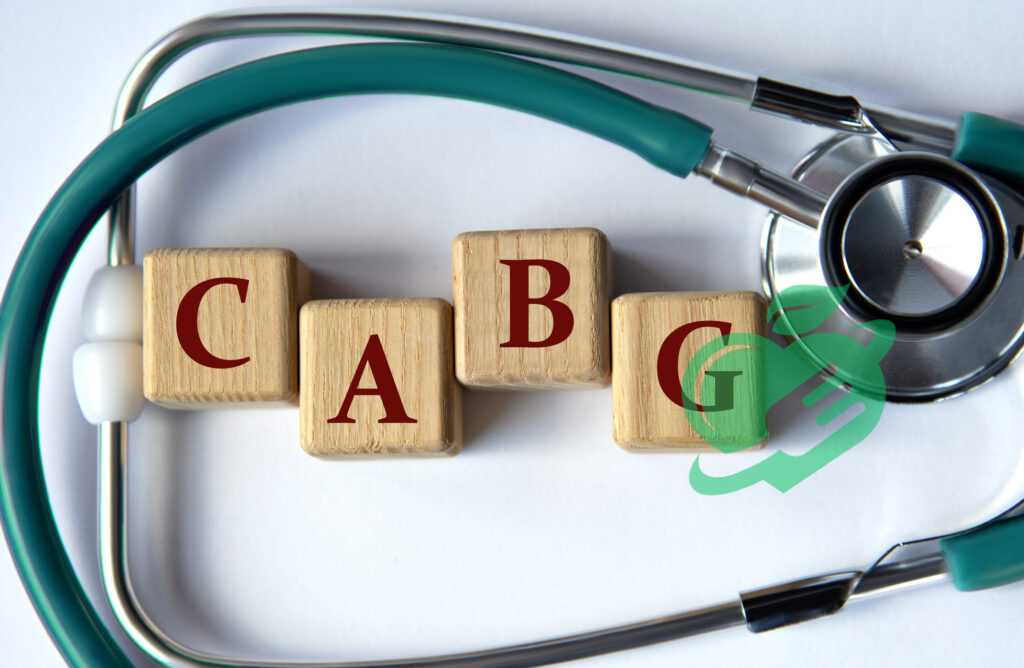
Importance of Healthy Eating
Nutrition plays a pivotal role in recovery after open heart surgery. A well-balanced diet is essential not just for healing but also for promoting overall heart health and preventing future complications. Many patients find that embracing healthy eating habits empowers them and aids their healing process. This journey begins with understanding the profound impact that food choices can have. A nutritious diet helps to:
- Support Healing: Essential nutrients aid in tissue repair and recovery, ensuring that the body has the necessary building blocks.
- Reduce Inflammation: Foods rich in omega-3 fatty acids can help lower inflammation, which can further enhance recovery.
- Promote Heart Health: Heart-healthy foods such as fruits, vegetables, whole grains, and lean proteins support maintaining good heart function.
Dietary Recommendations for Recovery
As patients look to optimize their diets post-surgery, there are several dietary recommendations to consider:
- Increase Fiber Intake: Incorporate more whole grains, legumes, and vegetables to help maintain healthy digestion and cholesterol levels.
- Limit Saturated Fats and Sodium: Reducing red meat and processed foods can help lower heart disease risk.
- Stay Hydrated: Water is vital for recovery, so aim for adequate fluid intake unless restricted by a healthcare provider.
Creating meal plans with these principles in mind can be incredibly beneficial. Many patients enjoy discovering new recipes that align with these recommendations. For instance, a colorful salad topped with grilled chicken or baked salmon provides a balanced combination of nutrients. By focusing on nutrition and making heart-healthy choices, individuals not only aid their recovery but also set themselves up for a healthier future.
Read also: Unmasking Anxiety: Understanding and Overcoming Chest Symptoms.
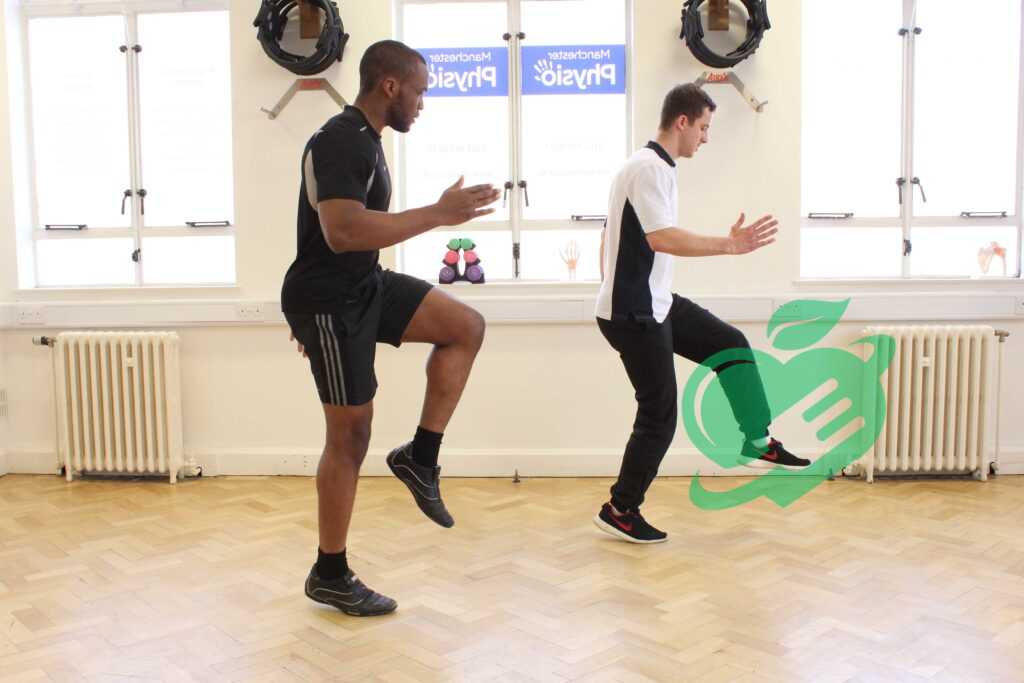
Exercise Guidelines after Surgery
After the initial phase of recovery from open heart surgery, engaging in physical activity becomes crucial. While it may seem daunting to return to exercise, following appropriate guidelines can make the transition smoother and safer. Patients are often encouraged to:
- Start Slowly: Begin with gentle activities, such as walking, which can be done as soon as they feel ready—sometimes even while still in the hospital.
- Listen to Your Body: It’s important to recognize signs of fatigue and discomfort, adjusting activity levels accordingly. For instance, if walking for 10 minutes feels exhausting, it’s perfectly fine to start with 5 minutes and gradually increase over time.
- Consult with a Healthcare Provider: Before launching into any new exercise routine, getting medical clearance is essential to ensure it’s safe.
Building Strength and Endurance
As recovery progresses, the focus can shift toward building strength and endurance. This stage is not just beneficial for physical health but can also boost confidence and mood. Here are some effective strategies:
- Incorporate Resistance Training: Once cleared, adding light weights or resistance bands can help rebuild muscle strength. Simple exercises, like bicep curls with water bottles, can be a gentle start.
- Include Cardiovascular Activities: Gradually increasing the duration and complexity of activities, like taking brisk walks or cycling, can enhance cardiovascular health.
- Set Realistic Goals: Establishing small, achievable milestones keeps motivation high. For instance, aiming to walk a certain distance or complete a set number of strength exercises can lead to significant progress.
Many patients find that sharing these goals with friends or family can provide more accountability and encouragement. Overall, reintroducing physical activity post-surgery not only leads to improved physical outcome but also positively impacts emotional well-being, creating a sense of achievement and vitality.
Read also: Vaginal Pain: Coping with Uncomfortable Symptoms.

Dealing with Emotions Post-Surgery
Emotionally, recovering from open heart surgery can be as challenging as the physical aspects. Patients often experience a wide range of feelings, including anxiety, fear, and even depression. It’s important to acknowledge these emotions; they are a normal part of the healing journey. One strategy many find helpful is journaling. Writing about their thoughts and feelings can provide a safe outlet for expressing emotions. Additionally, practicing mindfulness or meditation helps in managing overwhelming feelings, offering a chance to focus on the present rather than worrying about the future. Patients may also benefit from joining support groups where they can share experiences and learn from others who are navigating similar journeys. Sharing personal stories can be incredibly empowering and can help reduce feelings of isolation.
Seeking Support from Loved Ones
Support from loved ones is invaluable during recovery. Family and friends can play a critical role in emotional well-being, providing encouragement and companionship. Here’s how to foster that supportive environment:
- Open Communication: Patients should feel comfortable expressing their needs, whether it’s for someone to talk to or help with daily tasks.
- Involving Loved Ones: Inviting family members to attend follow-up appointments can help them understand what the patient is experiencing, fostering a deeper emotional connection.
- Engaging in Activities Together: Simple activities like watching a movie, going for a walk, or preparing meals can help strengthen relationships and create comforting experiences.
Ultimately, focusing on emotional well-being post-surgery is just as critical as physical recovery. By addressing feelings openly and leaning on supportive relationships, patients can navigate their healing journey more smoothly, emerging stronger in both body and spirit.
Read also: Understanding the Importance of Mental Health First Aid.
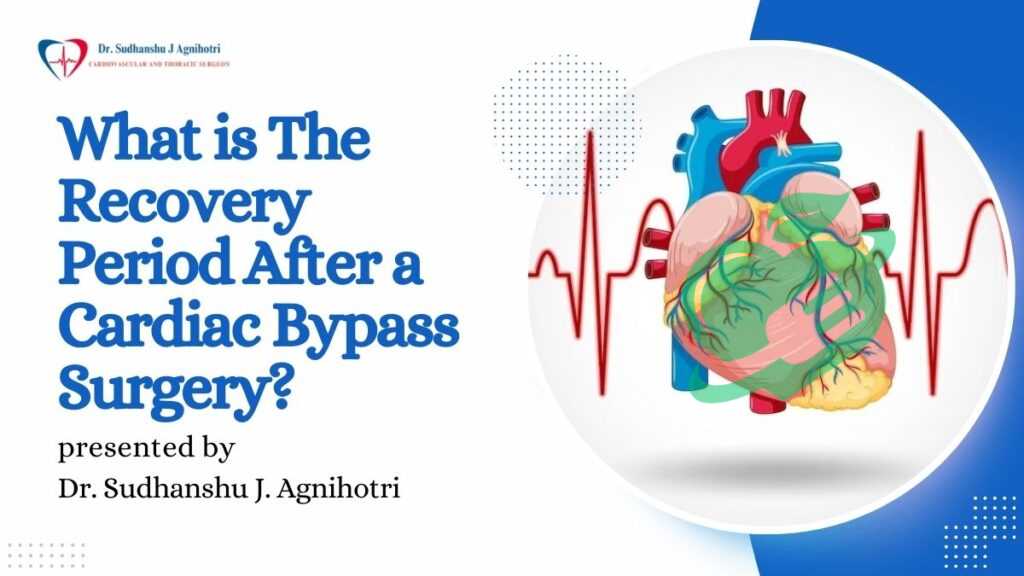
Gradual Return to Work and Daily Tasks
As recovery progresses, one of the most significant milestones patients face is the transition back to work and daily tasks. While it’s tempting to rush back into the old routine, taking a slow and thoughtful approach is essential. Many patients find that discussing their return with healthcare providers can help set realistic expectations. Here are some helpful tips for easing back into work and responsibilities:
- Communicate with Your Employer: Discussing your situation openly with your boss about a gradual return can be beneficial. Flexible options, such as part-time hours or remote work, can ease the transition.
- Assess Your Energy Levels: Consider how much physical and mental effort your job requires. If tasks feel overwhelming, being candid about your needs can lead to support from colleagues.
- Create a Routine: Establishing a structured daily schedule can make returning to normalcy feel more manageable. Plan breaks to recharge throughout the day.
Balancing Rest and Activity
Finding the right balance between rest and activity is crucial for successful recovery. Many patients discover that they need to be judicious about their energy expenditure to avoid setbacks.
- Listen to Your Body: It’s essential to recognize when to push forward and when to rest. If you are feeling fatigued, it’s perfectly acceptable to take a step back and relax for a bit.
- Incorporate Short Breaks: Setting aside time for brief rests throughout the day can help maintain energy levels. For instance, a 5-10-minute break every hour can prevent burnout.
- Prioritize Tasks: Focusing on the most important tasks first can make the workload feel less daunting while allowing ample time for relaxation.
Resuming daily activities after open heart surgery can be a gradual and rewarding process. By making thoughtful adjustments and prioritizing self-care, patients can find their footing again and embrace their new lifestyle with positivity.
Read also: The Ultimate Sinus fess Surgery Survival Guide: Tips for a Smooth Recovery.
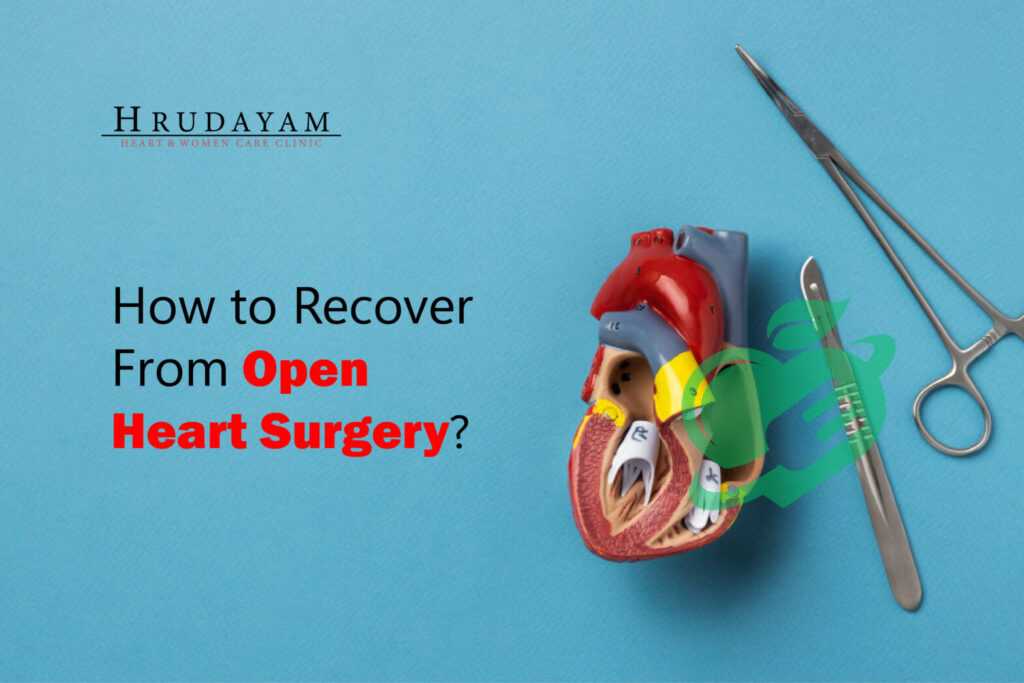
Importance of Follow-Up Appointments
As patients navigate their recovery journey post open heart surgery, follow-up care becomes essential. The importance of follow-up appointments cannot be overstated; they play a critical role in ensuring that the healing process is proceeding smoothly. During these appointments, healthcare providers assess recovery progress, monitor for potential complications, and adjust treatment plans as necessary. For example, many patients benefit from discussions about their physical activity levels, diet, and emotional well-being during these visits. Here are some key reasons why keeping these appointments is crucial:
- Early Detection of Issues: Regular check-ups help identify any emerging health concerns that could affect long-term recovery.
- Medication Management: Doctors can evaluate if prescribed medications are effective or if adjustments are needed.
- Reinforcement of Healthy Habits: These appointments provide an opportunity for patients to revisit lifestyle changes and ask questions.
Monitoring Heart Health Post-Surgery
Ongoing monitoring of heart health is vital after surgery to prevent complications and ensure optimal recovery. Patients may require various tests, such as echocardiograms, blood tests, or stress tests, to evaluate heart function. Here are some practices to consider:
- Routine Check-Ups: Staying consistent with scheduled visits allows healthcare providers to track heart health effectively and make timely interventions.
- Tracking Symptoms: Patients should be vigilant about any unusual symptoms like chest pain, shortness of breath, or swelling and report these promptly.
- Utilizing Technology: Many individuals find it helpful to use health apps to monitor vital signs, medication schedules, and lifestyle changes, keeping them proactive in their recovery.
Follow us for more updates and breaking news, as we provide you with everything new.
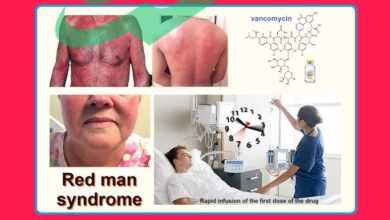



One Comment